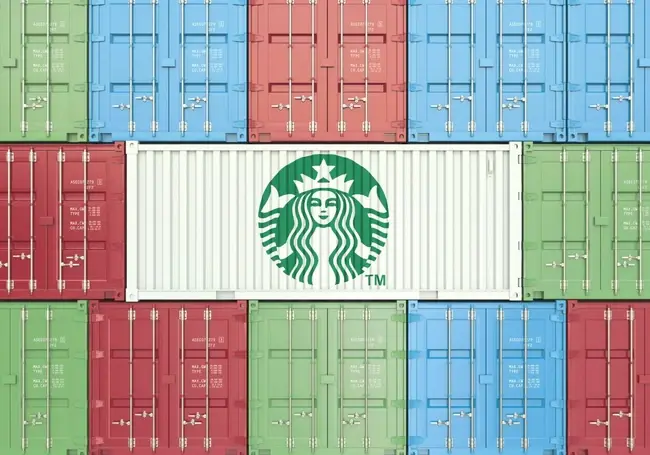Starbucks have confirmed that the Blue Yonder cyber attack has impacted the company's ability to pay its baristas as well as manage their shift patterns.
The cyber attack is not currently affecting customer facing operations.
Blue Yonder initially confirmed the issues have been caused by a ‘ransomware incident’. Ransomware is a type of malware that encrypts a victim's files, preventing them from accessing them. A hacker or cyber gang will then demand a ransom fee to unencrypt the data.
The statement given by Blue Yonder goes on to confirm that they are currently working with external cyber security teams on a recovery process. This includes defensive and forensic protocols.
Blue Yonder is also responsible for supply chain management for two of the UK’s major supermarkets- Sainsbury's and Morrisons. Neither company have confirmed if the cyber attack has impacted their operations but a spokesperson for Sainsbury's confirmed that they were “in close contact with Blue Yonder’ and reassured that they had ‘contingencies in place.’
Earlier this month, Ahold Delhaize, a multinational parent company of grocery stores including Stop & Shop, Hannaford, Food Lion and The Giant Company was hit by a major cyber attack that impacted multiple stages of its supply chain.

What is BlueYonder?
Blue Yonder is a supply chain management company. This means that it provides software solutions to help companies streamline their supply chain. Its business model includes services like demand forecasting, warehouse management, transportation management and inventory optimization.
Supply chain management companies aim to improve efficiency, reduce costs and enhance customer satisfaction by managing the flow of goods from raw materials to the consumer.
Typically this looks like optimizing inventory levels by reducing excess stock and avoiding stockouts. They also streamline transport by finding efficient routes as well as accurately predict future demand. Warehouse processes are also optimised whilst supplier relationships are strengthened.
However, supply chain management companies are vulnerable to supply chain attacks, which are cyberattacks that target less secure elements within the supply chain. These attacks can have devastating consequences, including data breaches, financial losses, and reputational damage.
It is vital that organisations at all levels of the supply chain employ robust cybersecurity practice to prevent a cyber attack from devastating not only their own company but all suppliers and customers along the supply chain.







Comments ( 0 )